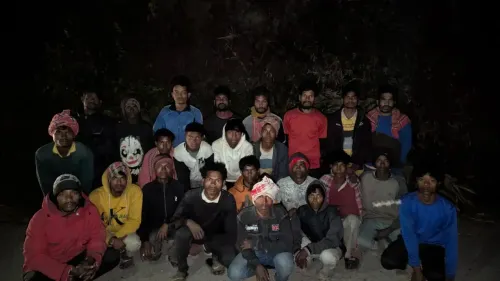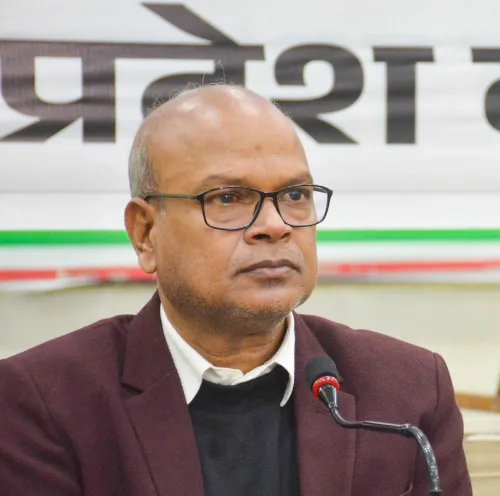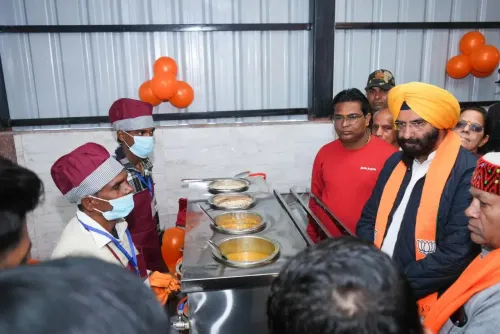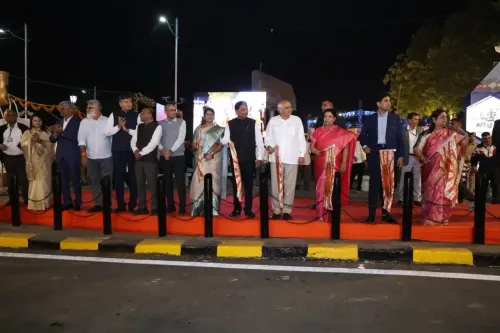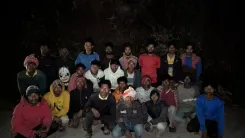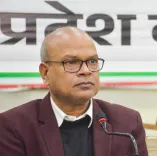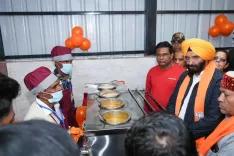Is DMK Really Shielding Bogus Voters in Kolathur?
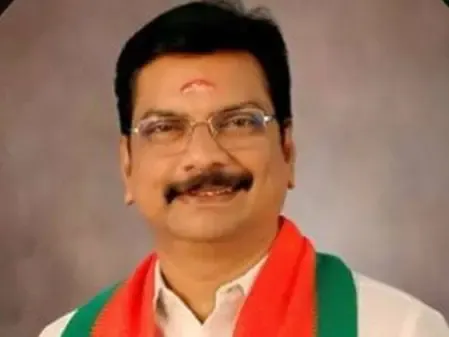
Synopsis
Key Takeaways
- Allegations of electoral fraud are serious and require thorough investigation.
- The Special Intensive Revision (SIR) is a constitutional process essential for electoral integrity.
- Transparency is critical in maintaining public trust in the electoral system.
- All political stakeholders must cooperate for effective electoral reforms.
- Political protests can influence public perception of the electoral process.
Chennai, Oct 28 (NationPress) The Tamil Nadu BJP spokesperson A.N.S. Prasad has leveled serious accusations against the DMK-led coalition, claiming they are "shielding bogus voters" in Tamil Nadu, particularly in Chief Minister M.K. Stalin's Kolathur constituency. This comes as the Election Commission of India's (ECI) Special Intensive Revision (SIR) of electoral rolls gains traction nationwide.
Prasad stated, "The DMK is opposing a transparent verification process because it fears exposure of large-scale fake voter entries."
He further explained, "Our party has petitioned the ECI, identifying 19,476 suspected bogus voters in Kolathur. The SIR is a constitutional exercise meant to uphold one-person-one-vote. Those obstructing it are protecting electoral fraud."
The BJP also challenged the DMK's claims of adding 2.5 crore new members through its 'Tamil Nadu Under One Front' campaign, demanding a thorough audit to verify authenticity.
Prasad cautioned, "When transparency is resisted, it raises suspicion," referring to the protests by the DMK, Congress, and Trinamool Congress as a "coordinated campaign to undermine voter verification."
In response, Chief Minister M.K. Stalin has dismissed the SIR as a "BJP–ECI conspiracy," claiming it is intended to remove genuine opposition voters.
The DMK has scheduled an all-party meeting on November 2 to protest against this move, labeling it "undemocratic and politically motivated."
Officials from the ECI have clarified that the Special Intensive Revision – encompassing over 51 crore voters across the nation – is a routine, constitutionally mandated procedure aimed at eliminating duplications and errors.
This initiative allows door-to-door verification without requiring mandatory documents at the preliminary stage, promoting inclusivity and accuracy.
Referring to Bihar, where deletions reportedly exceeded additions by a sixfold margin, the BJP argued that this process enhances electoral integrity rather than infringing on rights.
In West Bengal, where Chief Minister Mamata Banerjee initiated several bureaucratic transfers shortly after the SIR announcement, the BJP has urged the ECI to intervene and nullify those changes, citing breaches of service conduct and neutrality standards.
Political analysts suggest that the SIR is a vital reform aimed at restoring confidence in the electoral process. They emphasize the importance of cooperation among all parties to ensure clean rolls, credible mandates, and renewed public trust in India's democracy.


